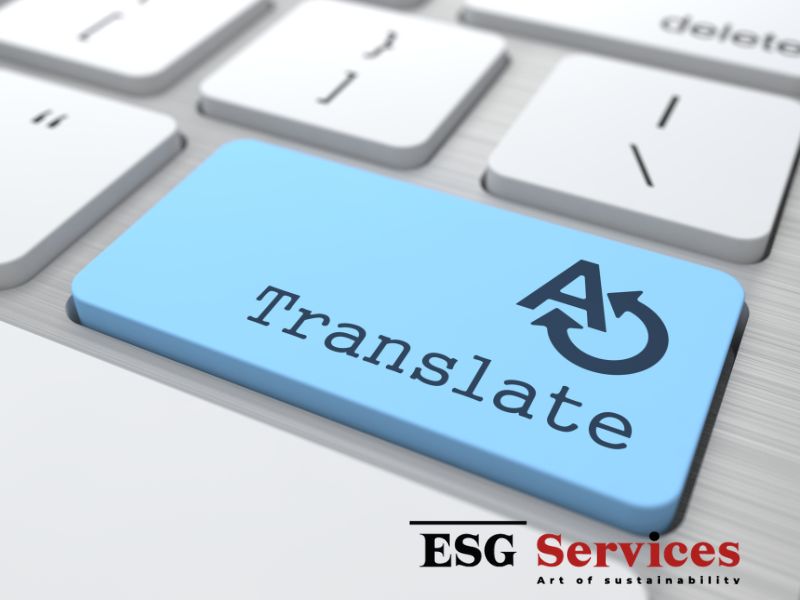With the entry into force of the Corporate Sustainability Reporting Directive (CSRD) on January 5, 2023, European businesses face a new obligation to report sustainability-related information. This directive mandates companies to disclose data in accordance with the European Sustainability Reporting Standards (ESRS) and introduces a requirement for independent assurance of these disclosures. The goal of these regulations is to enhance the reliability of reported data and enable stakeholders—such as investors, consumers, and policymakers—to make informed decisions that promote sustainable development.
Assurance is the process of independent verification of the information contained in a company's sustainability reports. Conducted by certified auditors or other independent assurance service providers, this process aims to enhance the credibility of reported data. It is important to note that assurance does not evaluate a company’s actual sustainability performance but rather focuses on the accuracy and completeness of the disclosed information.
The assurance process follows a risk-based approach and consists of three main stages:
Sustainability report assurance can take the form of limited or reasonable assurance:
In response to the CSRD requirements, on January 23, 2025, the National Council of Statutory Auditors in Poland adopted Resolution No. 854/20a/2025, establishing the National Assurance Standard for Sustainability Reporting 3002PL – "Limited assurance engagement on sustainability reporting." This standard was approved by the Polish Audit Oversight Agency on January 28, 2025, and applies to reports for financial years starting after December 31, 2023.
The KSUA 3002PL has no equivalent in international standards, making Poland one of the few EU countries with its own assurance standard. It will remain in force until the European Commission adopts a EU-wide sustainability reporting assurance standard.
Independent assurance of sustainability reports enhances the credibility of disclosed information, which is crucial for investors, consumers, and other stakeholders. It allows them to make informed decisions based on reliable data while promoting transparency and corporate accountability regarding environmental and social impacts.
The mandatory assurance requirement for sustainability reports is a significant step towards improving the transparency of corporate ESG (Environmental, Social, Governance) practices. Through independent verification, stakeholders can trust that the reported information is accurate and complete, fostering trust and supporting sustainable development efforts both at the national and EU levels.









